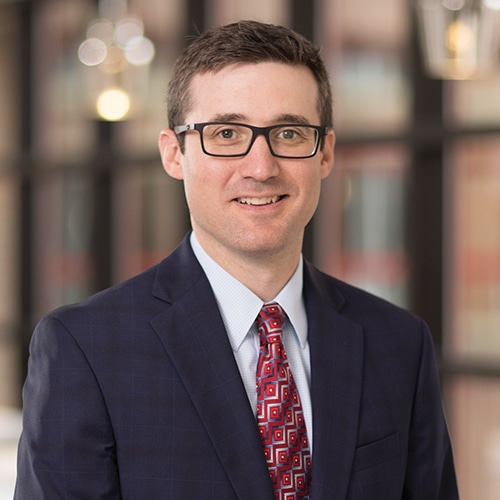(August 8, 2016) A face-off between the Court of Appeals and Supreme Court over Daubert standards leaves the medical malpractice community; practitioners and parties on all sides without a firm foundation as to how or when scientific literature may be used to pursue or fend off challenges to expert testimony. But, it may lead to more clarity as to a trial court’s responsibility to weigh scientific reliability when determining what is “junk science.”
Challenging and even defending the content of an expert’s opinion from attack as “junk science” has always been a delicate dance. Each side tries to muster just enough evidence of reliability to survive the challenge to put the issue before the jury. There was always some predictability that with some of the factors met, the trial court would step aside to let the jury decide how to weigh the credibility an expert’s opinions. However, in Elher v Misra, 499 Mich 11; 878 NW2d 790 (2016), the Michigan Supreme Court concluded that a standard-of-care expert’s opinion that a clipped common duct represented a breach of the standard of care was not sufficiently reliable where he relied only on his own training, experience and qualifications and there was proffered medical literature to the contrary. The Elher Court reversed the Court of Appeals, finding it clearly erred when it ruled otherwise. The Supreme Court has subsequently vacated several orders of the Court of Appeals in cases involving MRE 702 and MCL 600.2955 in light of Elhers and remanding them with little specific direction. In one of these cases, Figurski v Trinity, the Court of Appeals responded by reaffirming its prior opinion, thereby inviting the Supreme Court to explain how a trial court judge must weigh and examine medical literature under MRE 702 and MCL 2955.
In Figurski (I), the plaintiff alleged she suffered a hypoxic-ischemic injury and ischemic stroke during labor and delivery, due to uterine hyperstimulation after a Pitocin induction. Figurski v Trinity Health-Michigan, per curiam opinion of the Court of Appeals issued March 5, 2105 (Docket No. 318115) This is a similar mechanism of injury offered by the plaintiff that was excluded by the Supreme Court in Craig v Oakwood Hosp, 471 Mich 67 (2004). Experts in both cases claimed that use of the drug Pitocin increased contractions that were damaging to the baby. The Court of Appeals in Figurski, however, cautioned the trial court’s gatekeeper role must depend on an analysis that is not seeking to discover absolute truth or resolve genuine scientific disputes. The Court of Appeals found although there was no medical literature establishing such a phenomenon was possible, plaintiff’s expert’s opinion was reasonably derived from the available medical literature as a whole. When the Court of Appeals was forced to readdress the reliability of plaintiff expert’s opinion on remand in in light of Elher, it found that Elher was not applicable and it had decided the issue appropriately the first time. Figurski v Trinity Health-Michigan, unpublished opinion per curiam of the Court of Appeals, issued July 28, 2016 (Docket No. 318115) (Figurski II). It held that plaintiff expert’s opinion was based not only on her experience, but also on an extrapolation of the available literature. Citing that it was not the duty of the trial court to seek absolute truth, it once again reversed the trial court’s order striking the testimony and reincorporated those sections from its initial opinion which the Supreme Court had vacated.
It is not clear what the Supreme Court will do in light of the Court of Appeals’ invitation to revisit the case. For the time being, it is safe to assume the Supreme Court will decide plaintiff expert’s experience, training and knowledge is simply not enough to uphold her controversial causation opinions. However, we will have to wait and see if the Supreme Court finds an expert’s extrapolation of scientific literature is enough to survive a challenge under MRE 702 and MCL 600.2955. Needless to say, if the Supreme Court accepts the Court of Appeals invitation to revisit the Figurski case, its decision will likely impact the frequency of Daubert challenges and how deeply involved the trial courts will have to be in reviewing medical literature. Stay tuned to the our Michigan Appeals Blog to see how this issue is resolved.
More Publications



